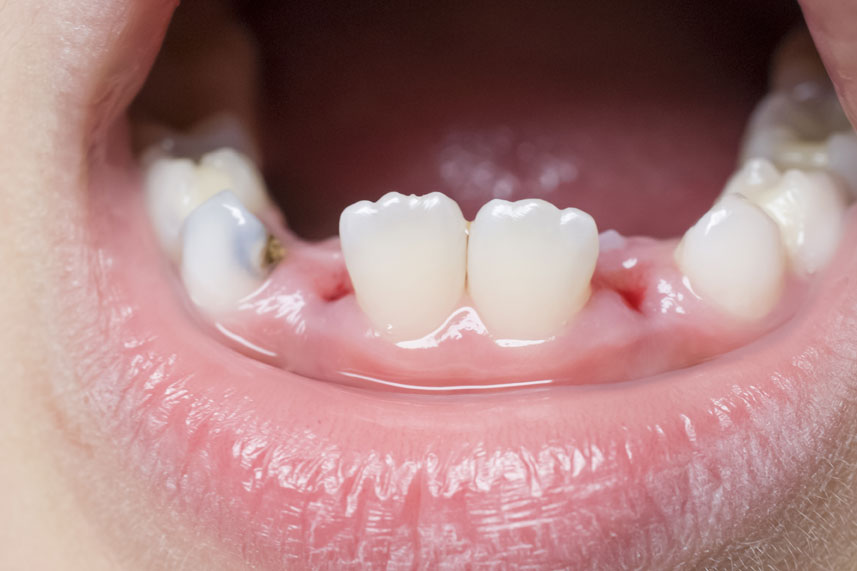Wisdom Teeth Removal Pain Medication

The prospect of removing wisdom teeth can be daunting, especially when considering the potential pain involved. While the procedure itself is relatively common and generally safe, the aftermath can be uncomfortable, leading many to wonder about the best approaches to managing pain post-surgery. Pain management following wisdom teeth removal is crucial for a smooth recovery, ensuring that patients can heal without undue discomfort.
Understanding Wisdom Teeth Removal
Before diving into the specifics of pain management, it’s essential to understand the context of wisdom teeth removal. Wisdom teeth, also known as third molars, typically begin to come in between the ages of 17 and 25. For many, these teeth come in normally and do not pose any issues. However, for others, wisdom teeth may not have enough room to come in properly, leading to impaction. Impacted wisdom teeth can cause pain, infection, and damage to surrounding teeth, making removal a necessary step.
The Pain Factor
The pain associated with wisdom teeth removal can vary significantly from person to person. Factors influencing the level of discomfort include the complexity of the procedure, the individual’s pain tolerance, and how well the post-operative instructions are followed. Generally, the pain is most intense in the first 24 to 48 hours after surgery and gradually subsides over the next few days.
Post-Operative Pain Management
Effective pain management is key to a comfortable recovery. The approach often involves a combination of medication and self-care practices.
Medication
Prescription pain medications are commonly used to manage pain after wisdom teeth removal. These can include:
- Narcotic analgesics: Such as codeine or hydrocodone, which are effective for moderate to severe pain but come with potential side effects like drowsiness, nausea, and constipation.
- Non-steroidal anti-inflammatory drugs (NSAIDs): Like ibuprofen or naproxen, which can help reduce pain and inflammation. These are often preferred for their effectiveness and lower risk of addiction compared to narcotics.
Over-the-counter (OTC) pain relievers can also be effective for milder pain. Acetaminophen (Tylenol) is another option, especially for those who cannot take NSAIDs due to certain medical conditions or interactions with other medications.
Self-Care Practices
In addition to medication, several self-care practices can help alleviate discomfort:
- Rest: Avoid strenuous activities for the first 24 hours.
- Ice Packs: Applying an ice pack to the cheek near the surgical site can help reduce swelling and pain.
- Soft Foods: Stick to a soft food diet for a few days to avoid irritating the surgical site.
- Hydration: Drink plenty of water to stay hydrated, but avoid using straws, which can dislodge the blood clot.
- Elevate Your Head: When lying down, elevate your head with extra pillows to reduce swelling.
Natural Approaches to Pain Relief
While medication is often necessary, some individuals may prefer or benefit from additional natural approaches to pain management. These can include:
- Warm Compresses: After the first 24 hours, warm compresses can help soothe the area and promote healing.
- Salt Water Rinses: Rinsing with warm salt water several times a day can reduce swelling and relieve pain.
- Herbal Teas: Certain teas, like peppermint or chamomile, may have a soothing effect, although their impact on pain is more about comfort than direct pain relief.
When to Seek Further Medical Attention
While some discomfort is expected, there are scenarios where seeking further medical attention is advisable:
- Severe Pain: If pain is not manageable with prescribed medication.
- Excessive Bleeding: If bleeding doesn’t stop after applying pressure for 20 minutes.
- Swelling or Bruising: If these symptoms are severe or worsening.
- Fever: A high fever could indicate infection.
- Difficulty Swallowing: Or breathing, which could be signs of a more serious complication.
Conclusion
Managing pain after wisdom teeth removal is a critical component of the recovery process. By understanding the procedure, the potential for pain, and the various strategies for managing discomfort, individuals can better prepare themselves for a smoother recovery. It’s essential to follow post-operative instructions carefully and communicate openly with your oral surgeon about any concerns or issues that arise during the healing process.
What is the best pain medication for wisdom teeth removal?
+The best pain medication can vary depending on the individual’s health status and the surgeon’s recommendations. Often, a combination of prescription narcotics and over-the-counter NSAIDs is used. It’s crucial to follow the specific instructions provided by your healthcare provider.
How long does pain last after wisdom teeth removal?
+Pain is typically most intense in the first 24 to 48 hours after surgery and gradually decreases over the next few days. Mild discomfort may persist for up to a week but is usually manageable with over-the-counter pain relievers.
Can I use natural remedies for pain relief after wisdom teeth removal?
+Yes, natural approaches like warm compresses, salt water rinses, and staying hydrated can help soothe the area and promote healing. However, it’s essential to discuss these methods with your oral surgeon to ensure they complement your prescribed recovery plan.


